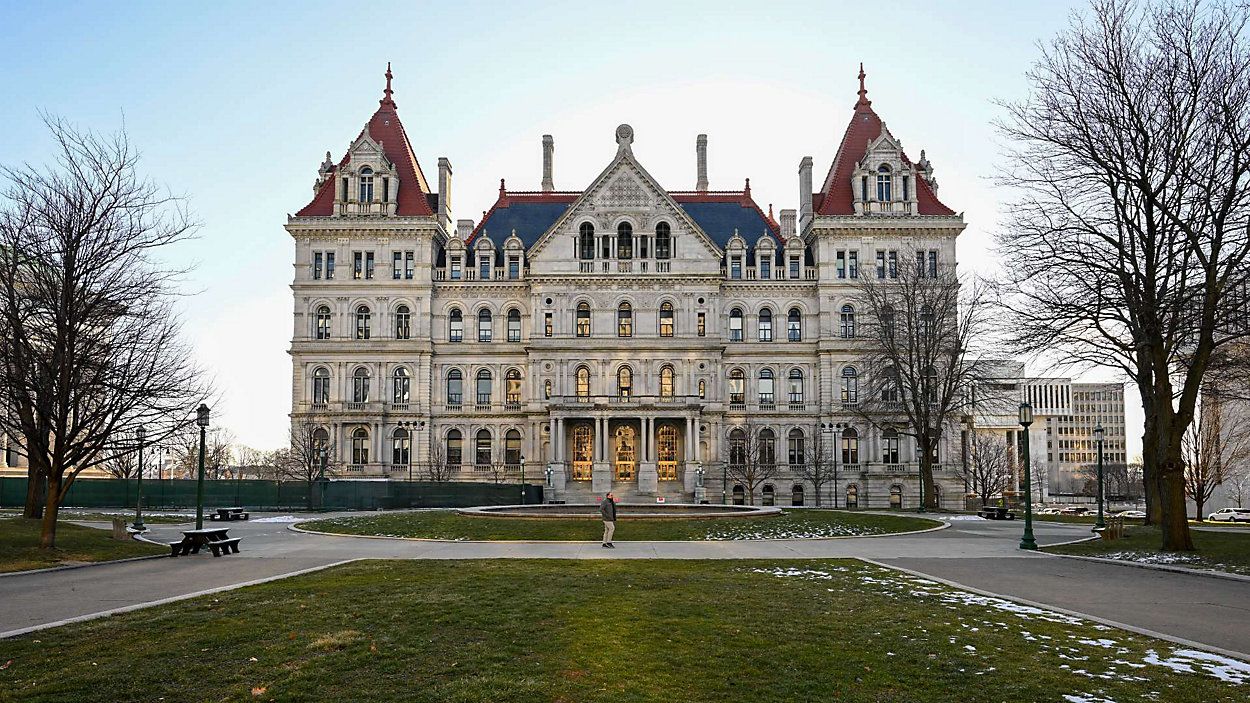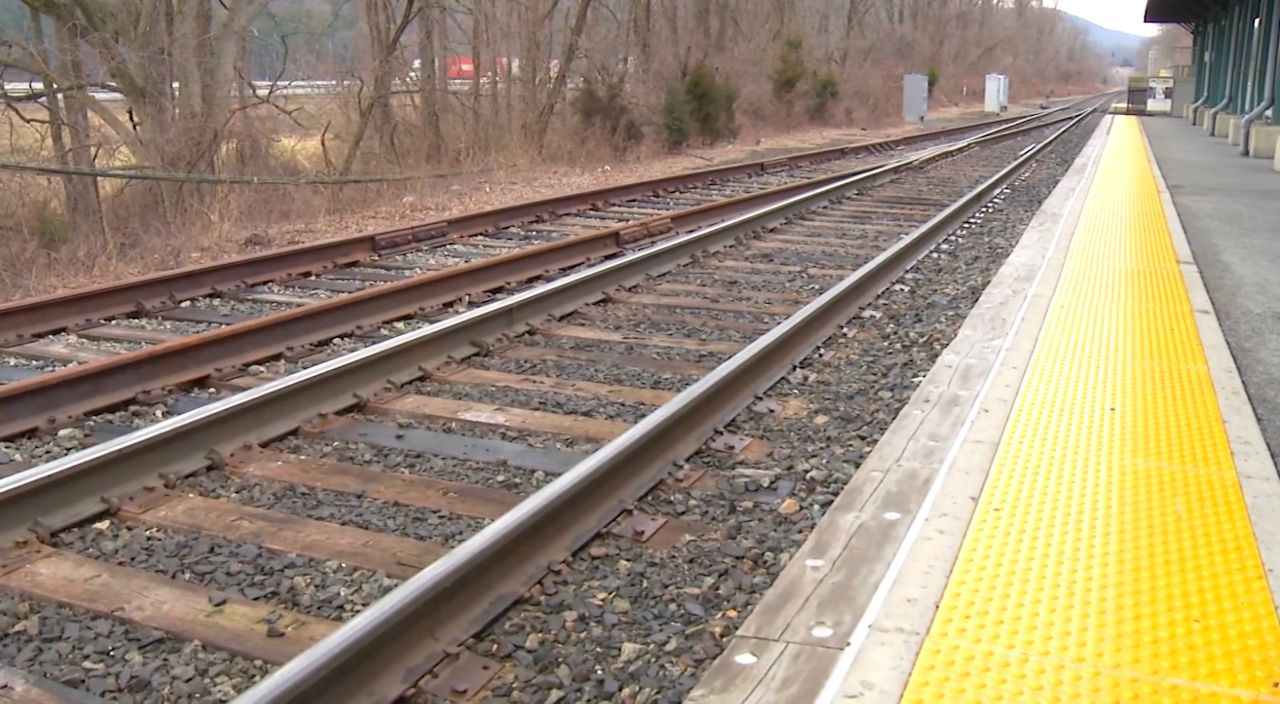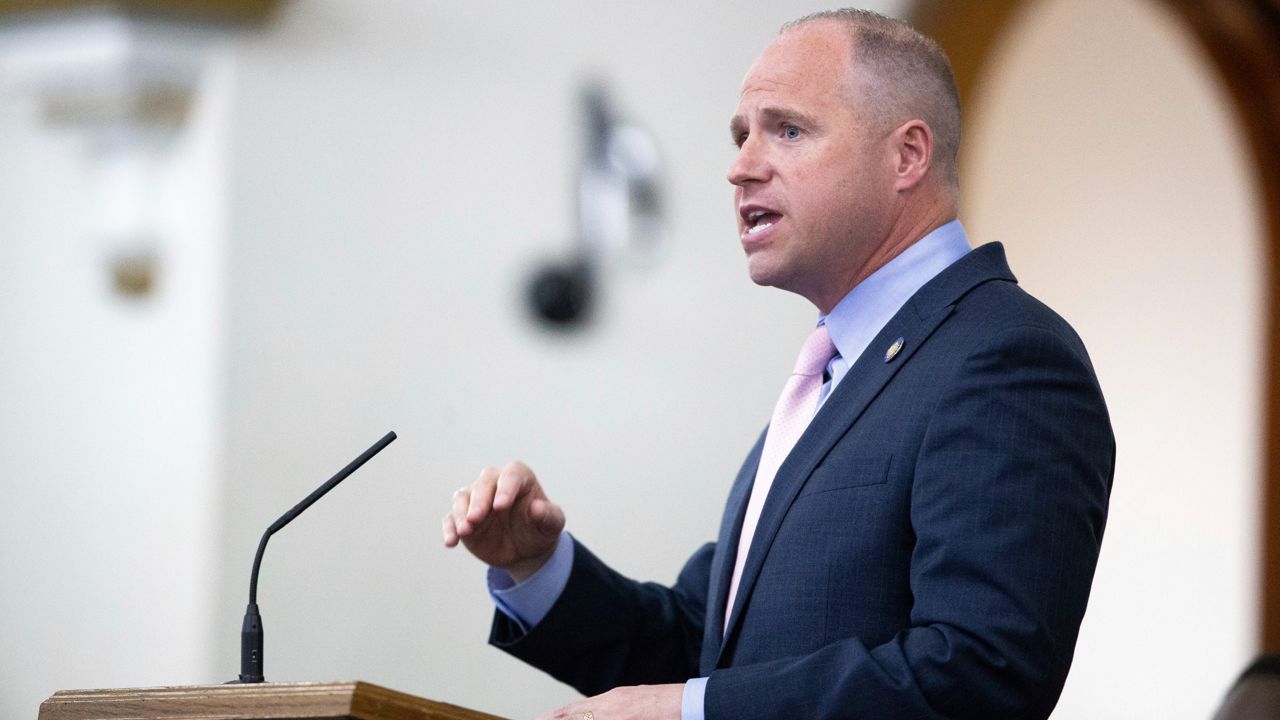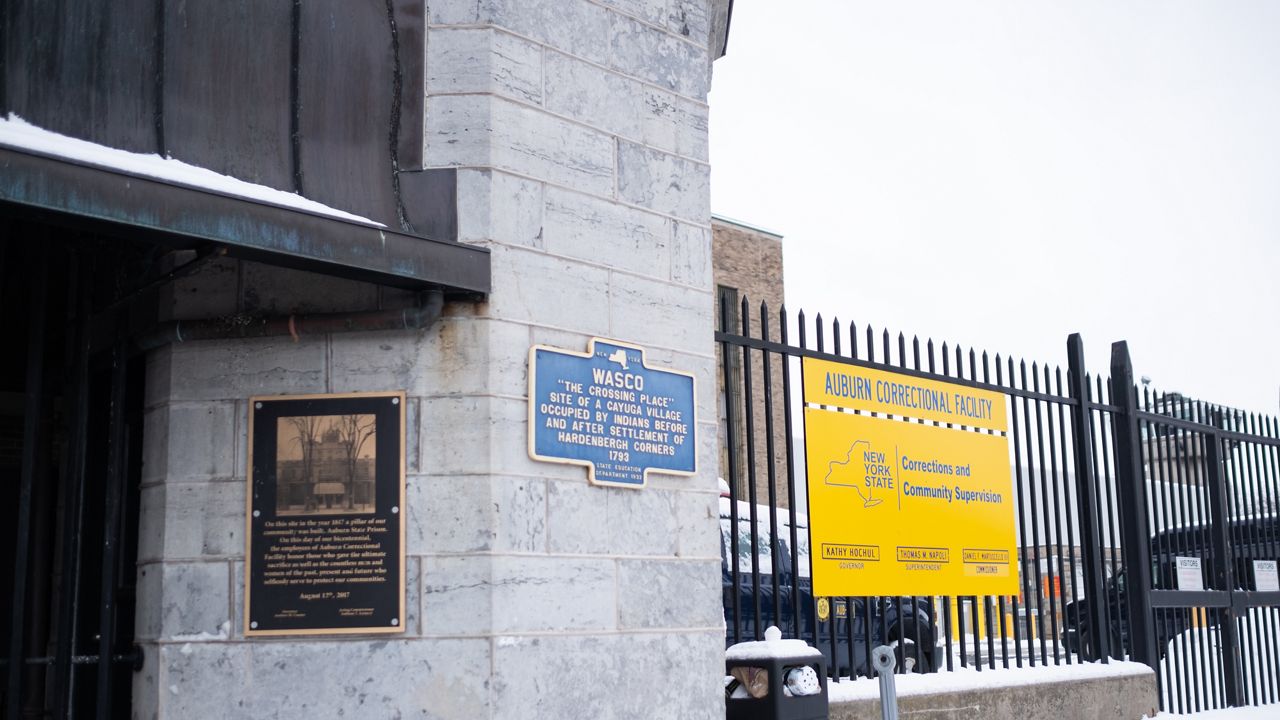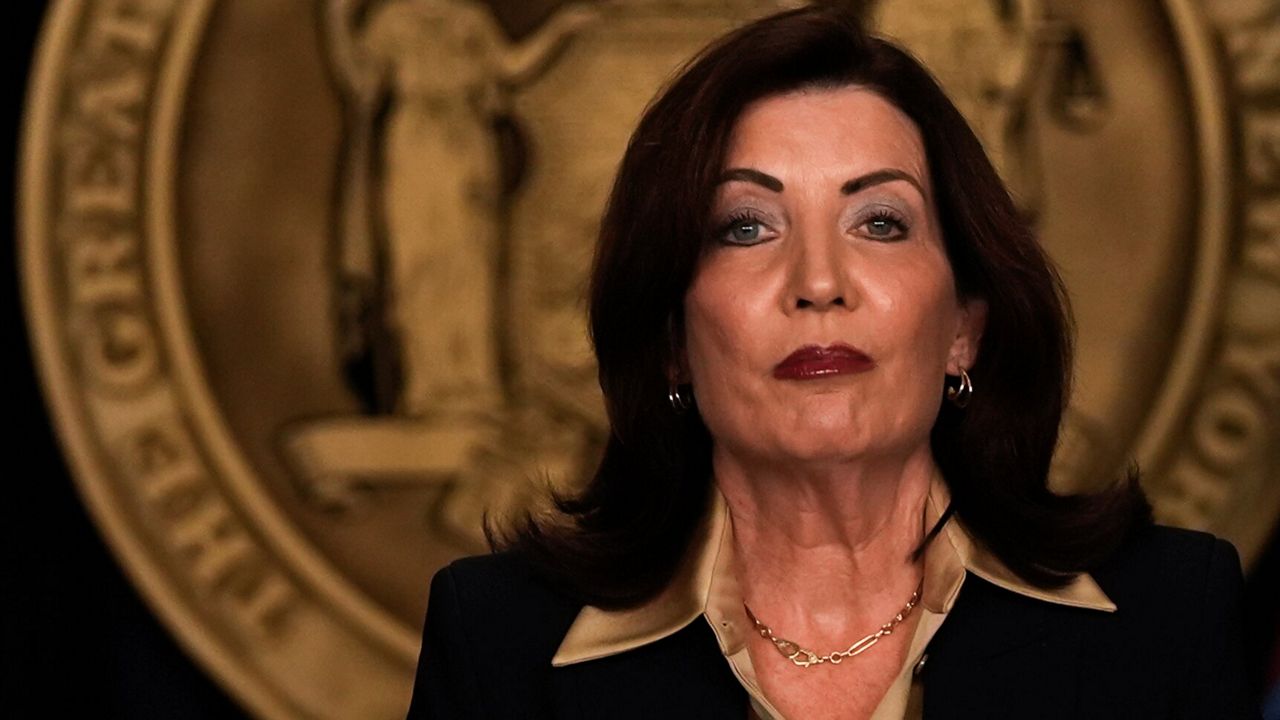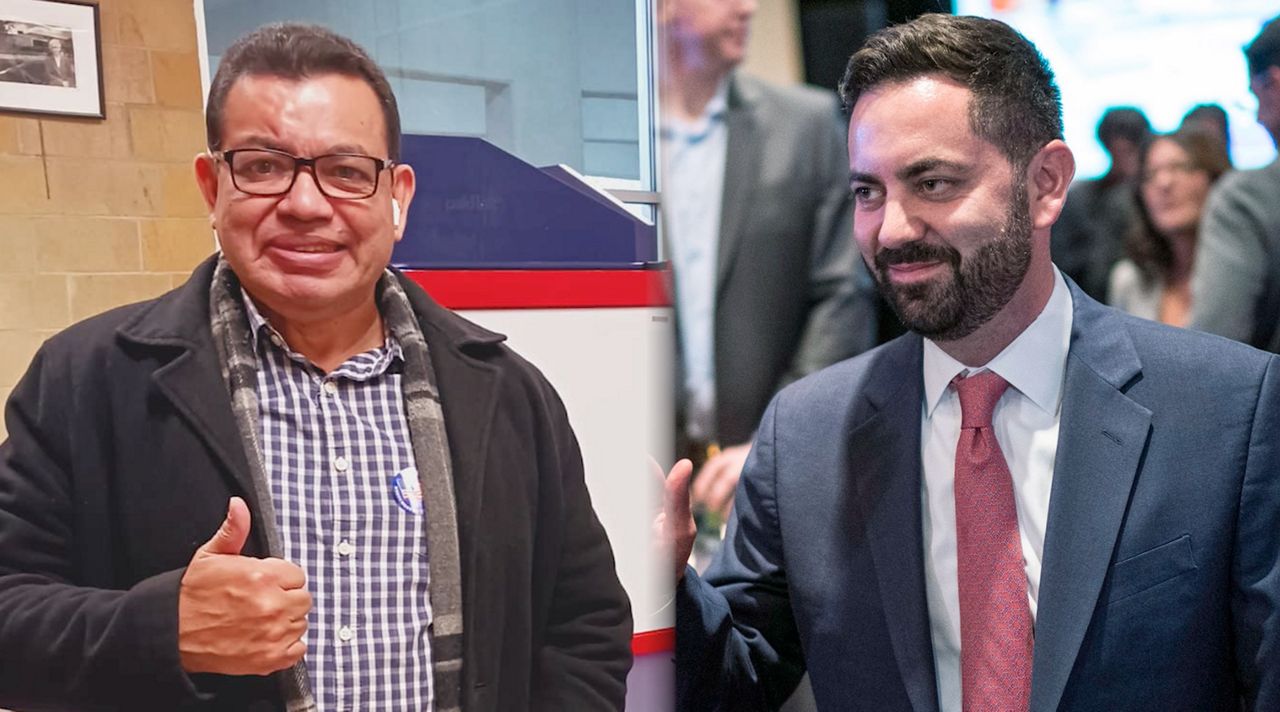A new survey commissioned by the New York Health Foundation and conducted by RAND looked into the needs of veterans returning to civilian life in New York. It comes as lawmakers this week urged Gov. Kathy Hochul to sign a bill to make it easier for veterans to access tuition assistance.
Following up on a study from 14 years ago, it found that 1 in 4 veterans surveyed have probable depression or PTSD, compared to 1 in 6 in 2010.
Derek Coy, senior program officer for the New York Health Foundation, told Spectrum News 1 that the higher number likely means veterans are more willing to seek help than in prior years, which is a positive, despite the overall increase.
“We’re seeing a reduction in stigma around mental health, where it used to be taboo to talk about issues of mental health, or to do anything about it,” he said.
The study also found that more than 60% of those surveyed have a physical disability, and 25% experience food insecurity.
The report recommends increasing outreach and expanding access to services, especially, he said, peer-to-peer counseling.
“When a veteran tells another veteran, 'Hey I’m in therapy,' or 'I’ve been doing this,'” he said. “We’re seeing that peer connection is really beneficial.”
Additionally, there is a need to increase outreach and raise awareness about benefits and services, especially those related to food insecurity and job training, and assess barriers that may exist to receiving that assistance.
It comes as state lawmakers are working to chip away at another road block for returning veterans: education. They're urging Hochul to sign a bill that extends tuition assistance benefits to all veterans in New York state.
Assemblymember Angelo Santabarbara explained that the bill would end the state’s practice of barring veterans who served but were not deployed to an active combat zone from receiving assistance, stressing that where someone serves is often not a personal choice, and that they enlist with the expectation of serving in combat.
“We acknowledge that every veteran’s service is valuabe and should receive the same consideration when we look at programs like this,” he said.
Assemblymember Pat Fahy, chair of the Higher Education Committee in the Assembly, said the bill would represent the state stepping up to help veterans who are returning to civilian life.
“Our veterans selflessly served this country, and now it’s our state government’s turn to recognize their service and assist them in their dream of attaining a higher education,” she said. “As chair of the Assembly’s Higher Education Committee, this legislation is a top priority of mine and an integral part of my push to make college and higher education more affordable in New York State."
Santabarbara added that along with helping those veterans, the bill would contribute to building the workforce.
“When people come back, a lot of veterans do start businesses, a lot of veterans do want to go to school,” he said.
Coy agreed, but emphasized that options like trade programs and career development are also important pieces of the puzzle.
“A dollar investment in education for veterans yields about seven back into the economy. It's a great tool for veterans to have, but I think that’s just one approach," he said. "The more options veterans have, the more likely they’ll find something that gels with them,” he said.






